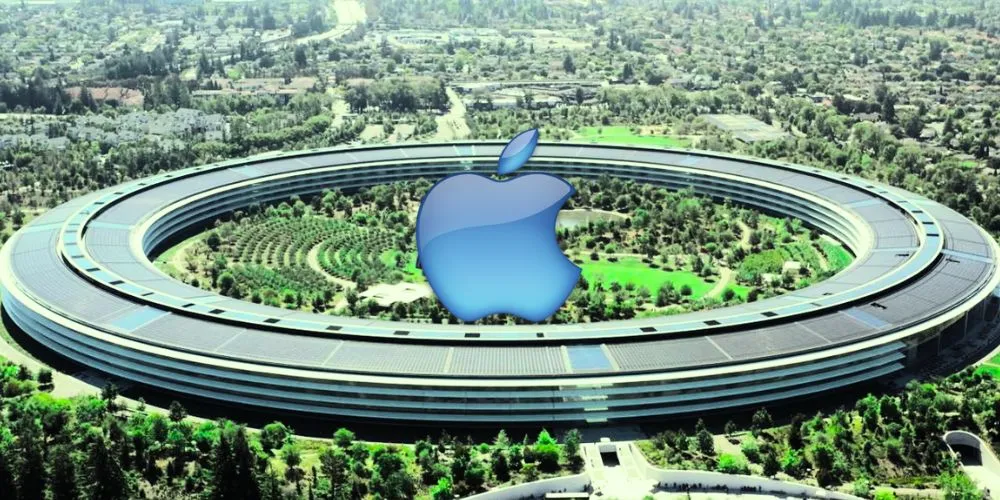Key Points
- A U.S. judge ruled that Google operates an illegal monopoly and threatened its deal with Apple.
- Google pays Apple $20 billion annually for default search engine placement on Apple devices.
- Legal proceedings and appeals could extend the final resolution into 2026.
- Apple and Alphabet’s shares showed little change following the ruling, reflecting market uncertainty.
Apple’s lucrative deal with Google is facing potential termination after a U.S. judge ruled that Google, owned by Alphabet, was operating an illegal monopoly. This agreement, which makes Google’s search engine the default on Apple devices, could be a key point of contention as Google looks for remedies to avoid antitrust actions.
Google currently pays Apple $20 billion annually for this privilege, which, according to Morgan Stanley analysts, accounts for about 36% of what Google earns from search advertising through the Safari browser. This significant financial arrangement highlights the deal’s importance to both companies.
Wall Street analysts have speculated that one potential remedy for Google to sidestep antitrust penalties is ending its agreement with Apple. If this deal is terminated, the analysts estimated that Apple could face a 4-6% hit to its profit.
The current pact between Apple and Google is set to run until at least September 2026, with Apple having the option to unilaterally extend it for another two years, as revealed in media reports in May citing documents filed by the Department of Justice in the antitrust case.
Evercore ISI analysts noted, “The most likely outcome now is the judge rules Google must no longer pay for default placement or that companies like Apple must proactively prompt users to select their search engine rather than setting a default and allowing consumers to make changes in settings if they wish.”
Apple’s shares were trading flat on Tuesday, underperforming a broader market recovery following Monday’s global selloff. Alphabet’s shares changed slightly after experiencing a 4.5% drop in the previous session.
Herbert Hovenkamp, a law professor at the University of Pennsylvania, commented on the ruling’s broader implications: “The message here is that if you’ve got a dominant market position with a product, you’d better avoid the use of exclusive agreements and make sure any agreement you make gives the buyer free choice to substitute away.”
However, the legal process could be protracted. The “remedy” phase could extend over a considerable period, followed by potential appeals to the U.S. Court of Appeals, the District of Columbia Circuit, and possibly the U.S. Supreme Court. This legal wrangling could continue well into 2026.




